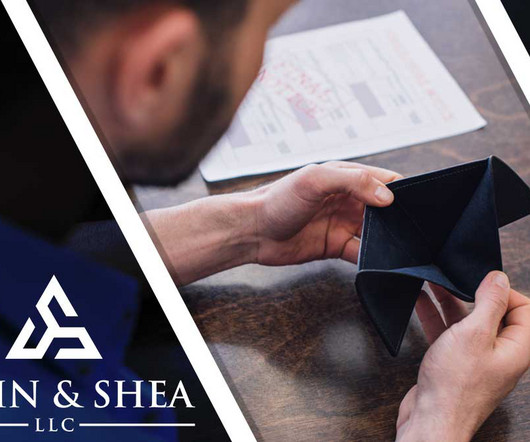Does Chapter 13 Wipe All of Your Credit?
Sawin & Shea
APRIL 17, 2024
Chapter 13 bankruptcy is an invaluable financial tool for those struggling with overwhelming debt, and it can pave the way for a fresh start. Unlike Chapter 7 , Chapter 13 bankruptcy allows you to avoid liquidating your non-exempt assets. What Is a Chapter 13 Bankruptcy Filing?
















Let's personalize your content